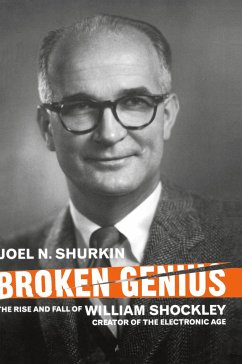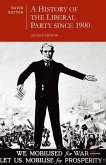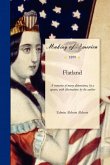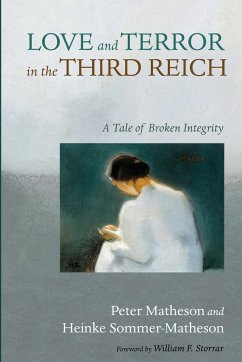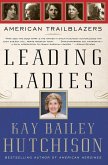" Broken Genius is the first biography of William Shockley, founding father of Silicon Valley - one of the most significant and reviled scientists of the Twentieth century. Shockley won a Nobel Prize for inventing the transistor, upon which almost everything that makes the modern world is based. Little has affected history as much as this device, developed along with John Bardeen and Walter Brattain at AT&T's Bell Telephone Laboratories in the mid-1940s. He then recruited the best 8 young semiconductor scientists in the world to found the first company in Silicon Valley. A year later, because of his impossibly controlling management, these men resigned en masse to found INTEL together and thereby became billionaires. But William Shockley is remembered more for one of the most vicious controversies in modern science. His campaigning about race, intelligence and genetics saw him donating to the Nobel Prize sperm bank, being vilified on national TV and ultimately destroyed his reputation. Drawing upon unique access to the colossal private Shockley archives, veteran technology historian and journalist Joel Shurkin gives an unflinching account of how such promise ended in such ignominy.
'At last, the definitive, unstinting biography of this hugely important historical figure - complete with all his contradictions and idiosyncrasies.' - Michael Riordan, coauthor of Crystal Fire
'Shurkin deftly tackles this complex figure - and his unraveling - and delivers an unflinching portrait of a tragic life.' - Seed Magazine
'Shurkin does a good job of portraying a difficult man - a vivid portrait.'- NewScientist
'The other wonderful thing about this book is that it manages to convey the excitement of scientific inquiry and invention.' - New York Sun
'Shurkin is a good storyteller, and better still as a researcher of the personal facts.' - Nobel Laureate Professor Philip Anderson, Times Higher Educational Supplement
'FIVE STARS: this gripping biography gives a balanced picture of the most bizarre of the great names of electronics. Recommended.' - Brian Clegg, author of The God Effect and Light Years
'I recommend it to people curious about the history of technology and the computer or anyone interested in a rise and fall of truly epic proportions.' - Cory Ondrejka, CTO Linden Labs/Second Life
'This portrait of a flawed giant reveals a man crushed under the weight of his own pathological insecurities.' - David Bodanis, Discover
'Masterfully walks the fine line between presenting Shockley as purely evil and legitimizing his more controversial theories - very readable.' - Physics World
'Shurkin reveals Shockley to be a fascinating example of an Aristotelian tragic hero - riveting.' - Nature
'This informed and candid biography asks, 'Why did a man so brilliant deliberately destroy himself?'' - Skeptical Inquiry
'Shurkin deftly tackles this complex figure - and his unraveling - and delivers an unflinching portrait of a tragic life.' - Seed Magazine
'Shurkin does a good job of portraying a difficult man - a vivid portrait.'- NewScientist
'The other wonderful thing about this book is that it manages to convey the excitement of scientific inquiry and invention.' - New York Sun
'Shurkin is a good storyteller, and better still as a researcher of the personal facts.' - Nobel Laureate Professor Philip Anderson, Times Higher Educational Supplement
'FIVE STARS: this gripping biography gives a balanced picture of the most bizarre of the great names of electronics. Recommended.' - Brian Clegg, author of The God Effect and Light Years
'I recommend it to people curious about the history of technology and the computer or anyone interested in a rise and fall of truly epic proportions.' - Cory Ondrejka, CTO Linden Labs/Second Life
'This portrait of a flawed giant reveals a man crushed under the weight of his own pathological insecurities.' - David Bodanis, Discover
'Masterfully walks the fine line between presenting Shockley as purely evil and legitimizing his more controversial theories - very readable.' - Physics World
'Shurkin reveals Shockley to be a fascinating example of an Aristotelian tragic hero - riveting.' - Nature
'This informed and candid biography asks, 'Why did a man so brilliant deliberately destroy himself?'' - Skeptical Inquiry

